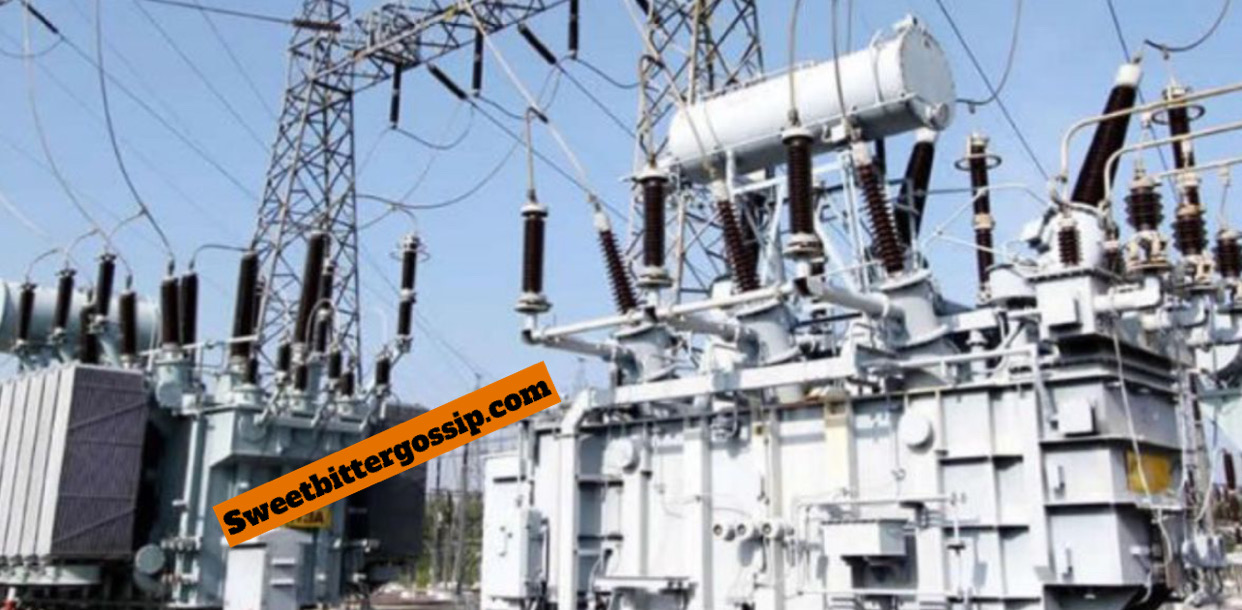Nigeria exported electricity worth N181.62 billion between January and September 2024, according to data from the National Bureau of Statistics (NBS). The power exports were made to neighboring countries, including Togo, Benin, and Niger Republic, amid efforts by the Nigerian Electricity Regulatory Commission (NERC) to balance domestic supply priorities and international obligations.
A quarterly breakdown of the figures shows that N58.65 billion worth of electricity was exported in the first quarter, N63.28 billion in the second quarter, and N59.69 billion in the third quarter. These consistent earnings highlight the economic benefits of Nigeria’s electricity exports, even as the country grapples with challenges in meeting local energy demands.
NERC’s Restrictions on Electricity Exports
In May 2024, NERC introduced restrictions limiting electricity exports to six percent of total grid power at any given time. The directive, detailed in an interim order titled “Transmission System Dispatch Operations, Cross-border Supply, and Related Matters”, aimed to address disruptions in domestic electricity distribution caused by prioritizing exports and bilateral contracts.
Signed by NERC Chairman Sanusi Garba and Vice Chairman Musiliu Oseni, the order became effective on May 1, 2024, and was set to last for six months, subject to review. The restrictions were implemented in response to concerns that prioritizing electricity exports over local distribution undermined the performance of Distribution Companies (Discos) operating under the Service-Based Tariff (SBT) framework.
Impact on Domestic Supply
According to NERC, the practice of favoring exports and Eligible Customers (ECs) over local distribution had disrupted Discos’ ability to deliver reliable electricity to residential, industrial, and commercial users. The commission criticized the system operator’s approach of reducing Discos’ load allocations to manage recurring grid imbalances, describing it as a short-term fix that caused undue hardship for local consumers.
“The practice so far adopted by the operator in managing generation availability has caused significant hardship to Discos’ customers, comprising industrial, commercial, and residential users, especially during peak demands while prioritizing delivery to other bilateral contracts, including exports to international customers,” NERC stated.
The commission also highlighted inefficiencies in the contractual arrangements between Generation Companies (Gencos) and their international customers. NERC noted that many of these agreements fail to meet minimum industry standards, complicating efforts to distribute power equitably within Nigeria.
Balancing Exports and Domestic Needs
Despite the challenges, Nigeria’s electricity exports have generated significant revenue for the country, contributing to foreign exchange earnings and strengthening trade relations with neighboring nations. However, stakeholders have criticized the current export policies, arguing that they undermine efforts to stabilize Nigeria’s power sector and ensure reliable electricity for domestic users.
The situation has sparked debates about the government’s priorities in managing the country’s energy resources. While exports are vital for economic growth, the ongoing struggles of local consumers to access reliable power highlight the need for a more balanced approach.
NERC’s six-month interim order was intended as a temporary measure to mitigate the impact of power shortages on domestic supply. The directive’s review, expected later this year, could lead to adjustments in how electricity exports are managed going forward.
The Way Forward
As Nigeria works to address its energy challenges, experts have called for reforms to improve regulatory oversight, strengthen infrastructure, and renegotiate international contracts. Tackling inefficiencies in the power sector will require greater collaboration between the government, regulatory bodies, and private operators to ensure that electricity is distributed equitably across the country.
While the export of electricity remains an important source of revenue, it is essential to balance this with the needs of local consumers. By prioritizing investments in domestic power generation and distribution, Nigeria can create a more sustainable energy system that benefits both the economy and its citizens.

